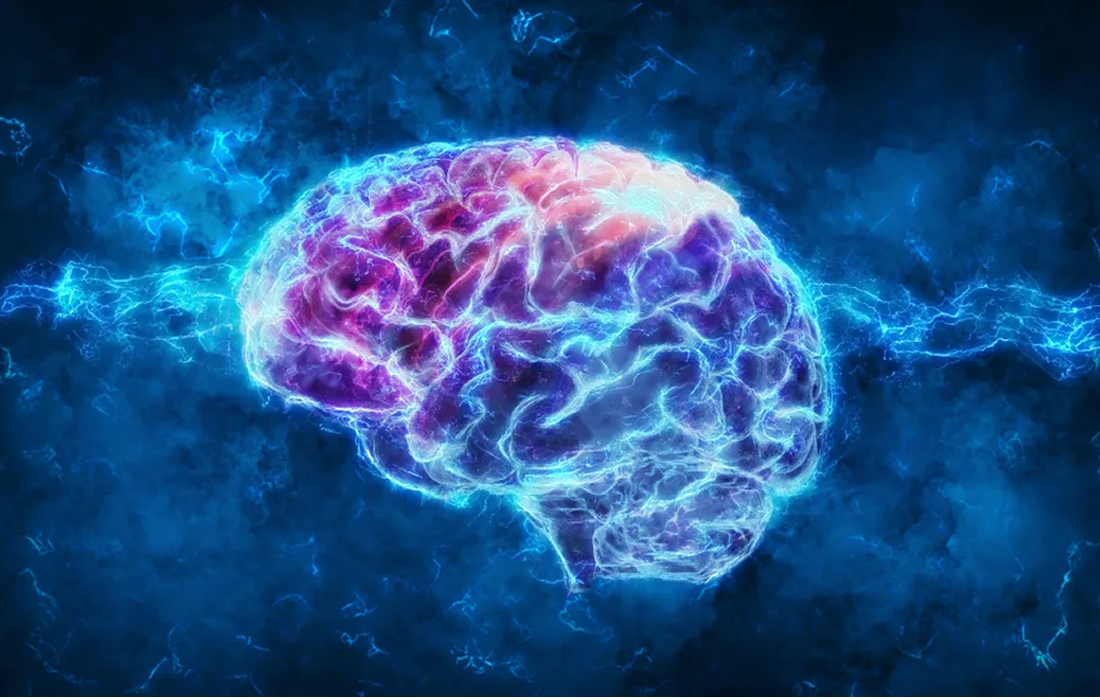Nutrition and Supplements
Dietary Supplements for Brain Health
There are many dietary supplements in the market, some of them claim to help with brain function and health in general. However, the research studies don’t always back up what the manufacturer’s claim their supplement can do. We are going to discuss the use of some dietary supplements that have shown to improve brain health.
There is scientific evidence that suggests that supplements such as B vitamins, omega-3 fatty acids and some antioxidants can help with brain function.
Omega-3 Fatty Acids
The main types of omega-3 that have shown health benefits are alpha-linolenic acid (ALA), docosahexaenoic acid (DHA), and eicosapentaenoic acid (EPA).
In a study published in the journal Frontiers in Aging Neuroscience, researchers concluded that although the levels of both DHA and EPA may be lower in people with neurodegenerative conditions, early evidence suggests that DHA may better serve older adults without neurodegenerative conditions.
In a study published in the journal JAMA, researchers found that supplementation with DHA, the most abundant long-chain polyunsaturated fatty acid in the brain, didn’t slow the rate of cognitive and functional decline in patients with mild to moderate Alzheimer’s disease.
B Vitamins
The B vitamins comprise a group of eight water soluble vitamins that perform essential roles in cellular functioning. They act as coenzymes in a vast array of reactions in the body. Their collective effects are particularly prevalent in numerous aspects of brain function, including energy production, DNA/RNA synthesis and repair, and synthesis of numerous neurochemicals.
A review published in the journal Nutrients found that B vitamins concluded that vitamin B deficiencies are common and that this deficiency may have negative health effects in both the brain function and overall health. They also pointed out that people may have a more benefit from taking supplements that include the whole group of 8 vitamins than from concentrating on supplementing with only specific B vitamins.
Coffee
Coffee consumption has been consistently associated with a lower risk of Parkinson’s disease. Consumption also had a consistent association in studies with lower risk of depression and cognitive disorders, especially for Alzheimer’s disease.
Resveratrol
Resveratrol is an antioxidant that occurs naturally in the skin of purple and red fruits like grapes, raspberries, and blueberries. It is found in red wine, and in peanuts.
It’s been suggested that taking resveratrol supplements could prevent the deterioration of the hippocampus, an important part of the brain associated with memory. Animal studies have also shown that resveratrol can improve memory and brain function,
Witte and colleagues performed a study on a small group of healthy older adults (n=23) and found that taking 200 mg of resveratrol per day for 26 weeks improved memory. They observed a significant effect of resveratrol on retention of words over 30 min compared with placebo. They also observed a significant increase in hippocampal functional connectivity.
Acetyl-L-Carnitine
Acetyl-L-carnitine is an amino acid produced naturally in your body. It plays an important role in your metabolism, particularly in energy production. Taking acetyl-L-carnitine supplements has been claimed to make you feel more alert, improve memory and slow down age-related memory loss.
Some animal studies have shown that acetyl-L-carnitine supplements can prevent age-related decline in brain function and increase learning capacity.
In humans, studies have found that it may be a useful supplement for slowing the decline in brain function due to age. It may also be useful for improving brain function in people with mild dementia or Alzheimer’s.
Creatinine
There are many articles supporting the ergogenic and therapeutic effect of creatine supplementation in muscle. Beyond these well-described effects and mechanisms, there is literature to suggest that creatine may also be beneficial to brain health.
There is a potential for creatine supplementation to improve cognitive processing, especially in conditions characterized by brain creatine deficits, which could be induced by acute stressors (e.g., exercise, sleep deprivation) or chronic, pathologic conditions (e.g., creatine synthesis enzyme deficiencies, mild traumatic brain injury, aging, Alzheimer’s disease, depression).
A study by Dolan et al, showed that there are currently 12 studies of the effects of creatine supplementation on brain creatine. Nine of them showed a significant increase in brain creatine, averaging about 5-10%, which is less than the increase in muscle creatine from similar supplementation protocols.
In one experimental study mimicking the effects of traumatic brain injury, Turner and colleagues found that the supplementation with creatine was able to increase brain creatine levels and cognitive processing during oxygen deprivation.
Although many studies in animals have shown positive results, there is still lacking information on the effects on humans.
Sources:
Quinn JF, Raman R, Thomas RG, et al. Docosahexaenoic acid supplementation and cognitive decline in Alzheimer disease: a randomized trial. JAMA. 2010;304(17):1903-1911. doi:10.1001/jama.2010.1510
Simon C. Dyall. Long-chain omega-3 fatty acids and the brain: a review of the independent and shared effects of EPA, DPA and DHA. Front. Aging Neurosci. 2015. https://doi.org/10.3389/fnagi.2015.00052
Lois Zoppi. (2022, Jan 28). What to know about supplements for the brain. Medical News Today. Retrieved from: https://www.medicalnewstoday.com/articles/best-brain-supplements
Kennedy DO. B Vitamins and the Brain: Mechanisms, Dose and Efficacy–A Review. Nutrients. 2016;8(2):68. Published 2016 Jan 27. doi:10.3390/nu8020068
Poole R, Kennedy OJ, Roderick P, Fallowfield JA, Hayes PC, Parkes J. Coffee consumption and health: umbrella review of meta-analyses of multiple health outcomes [published correction appears in BMJ. 2018 Jan 12;360:k194]. BMJ. 2017;359:j5024. Published 2017 Nov 22. doi:10.1136/bmj.j5024
Roschel H, Gualano B, Ostojic SM, Rawson ES. Creatine Supplementation and Brain Health. Nutrients. 2021;13(2):586. Published 2021 Feb 10. doi:10.3390/nu13020586
Helen West, RD. (2016, Nov 26). The 10 Best Nootropic Supplements to Boost Brain Power. Healthline. Retrieved from:
https://www.healthline.com/nutrition/best-nootropic-brain-supplements
Image from:
https://www.sarasotamagazine.com/health-and-fitness/2022/01/brain-health-initiative-alzheimers

